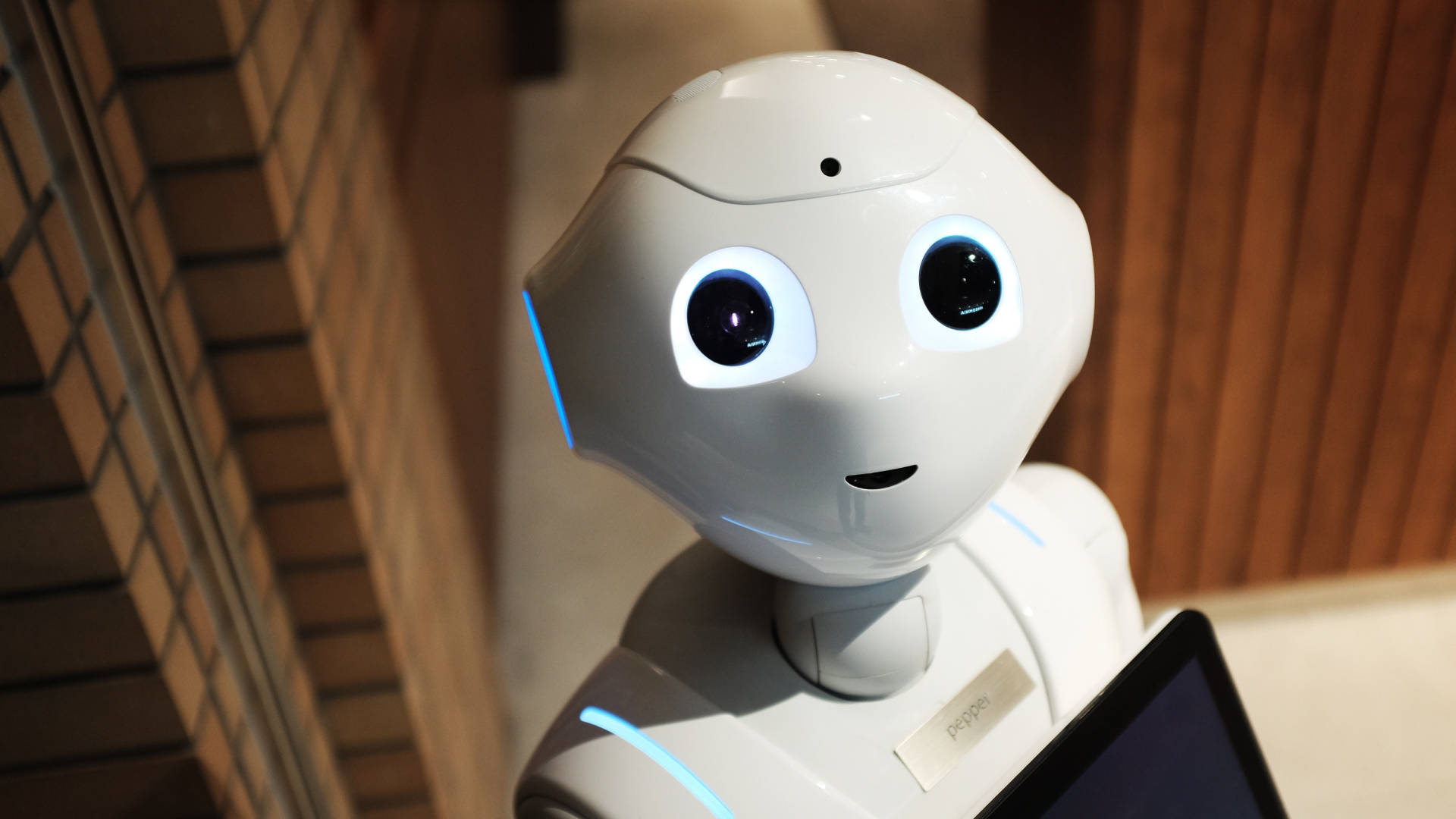- Ecommerce powerhouse Amazon is working on a household robot that will use ChatGPT-like AI to be more conversational and more understanding, according to a report.
- The robot, still in its conceptual phase, is codenamed “Burnham” and could one day help you look for your lost keys or even tell you if you left the stove on.
- Despite its enormous success, Amazon has struggled to get its smart products off the ground.
The word “robot” from “robota” was coined by slavic science fiction authors in the early 19th Century and is a synonym for the word “slave.” Amazon wants a robot in your house soon, and one that can call 911, find your lost keys, check if windows are still open at night and watch over your kids.
This theoretical machine is built upon Amazon’s Astro home robot, but according to a report from Insider citing company documents, the new robot will better understand the things it sees and will be able to respond more intelligently.
How? With generative artificial intelligence (AI) of course. The likes that we have seen with super popular chatbot ChatGPT, and are now being added to Bing and Google Search.
This type of technology will allow a software, or perhaps a piece of hardware running a software, like a robot, to seemingly exhibit intelligent conversational and learning behaviour.
Amazon’s robot product is internally codenamed “Burnham,” which is basically the Astro bot but with added “intelligence and a conversational spoken interface” through what Amazon is calling “Contextual Understanding” – “our latest and most advanced AI technology designed to make robots more intelligent, more useful, and conversational.”
It seems Amazon is keen to leverage new advances in generative AI technology and large language models (LLM) to provide a “brain” to its Astro shell.
“A robot with Burnham would understand — in the same way a human understands — the thousands of things that happen within a home every day without having to explicitly code for each one because that ‘common-sense’ knowledge is implicit in the data the language model was trained on,” the company’s internal documents read.
Amazon has detailed a few of the things it is aiming for the Burnham bot to be able to do in the future, including this like checking on you if you get injured, finding lost items like a smartphone or keys, and monitor if your children had friends over after school.
Imagine arriving to a messy home after work, only for your children to deny everything, and then be sold out by the robot. This Disney Channel sitcom future can be yours for just $995 – which is what internal documents put a conceptual price at for the new Astro.
“We’re excited by the potential of generative AI technologies, and are looking forward to using these technologies to invent new experiences for Astro that will delight customers and make their lives even easier in the future,” an Amazon spokesperson told Insider in an emailed statement.
Amazon is apparently seeking to leverage this technology to influence a host of new products, which includes the addition of ChatGPT-like conversations to its Alexa smart-speakers. The company is also reportedly investing less money in its warehouses and “core logistics business” and more on future-minded technologies, like AI and LLM.
Primarily an ecommerce and logistics corporation with a market cap of $1.13 trillion, Amazon has struggled in the past to monetise and build success from its “smart” home appliances, of which the new Burnham robot would make part of.
Amazon Alexa, for example, cost the company $10 billion in the years since its launch until 2022, with one employee calling the Alexa division of the company “a colossal failure of imagination.”
The Astro product itself has barely entered general retail, and can only be purchased via invite request or through second-hand markets. Actually spending R1 000 on the gadget, which is basically a security camera on wheels as of right now, is still a big ask of potential customers.
It is without question that generative AI will continue churning the imaginative juices of tech corps who salivate at the potential money they can make from the first actual mass-producted and mass-purchased home robot a la iRobot and The Jetsons.
But Amazon’s goals are lofty for a technology that has only really been relevant for less than a year, and its history in the department has been marred with failure. Robot servants, we’re sure will be a thing in the future, but the branding on these machines will likely not say “Amazon.”
[Image – Photo by Alex Knight on Pexels]

